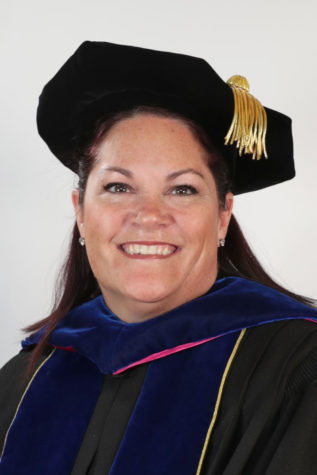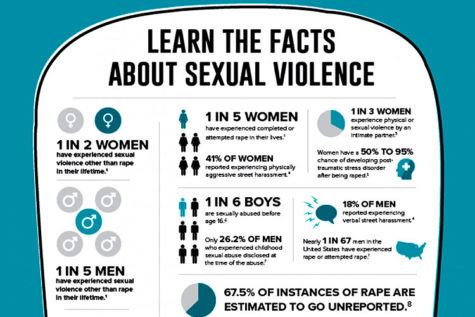Davis-Olwell shares her Ugandan study
November 11, 2015
Visiting professor of Public Health shares her research on breastfeeding patterns in Uganda.
Paula Davis-Olwell is the new visiting assistant professor of the Public Health Department. She conducted an important study of infant feeding in Uganda.
The study was done in order to gain insight on the issue of breastfeeding and how the employment of new mothers, who were currently breastfeeding played a role in the growth of their children.
Davis-Olwell began working on her study in 1993, by investigating breastfeeding patterns and the work of the mothers.
“When I was in graduate school, one of the problems in public health was that in the 1990s, many children were getting sick and dying,” Davis-Olwell said.
She decided to conduct this study to learn more about why women chose to stop breastfeeding their infants. Economists at the time believed that women stopped breastfeeding because they were working outside their homes and did not have enough time to balance both. Davis-Olwell wanted to see if that was truly the case.
Davis-Olwell focused her research on the types of work women were doing outside the household. She found that many of these women were actively working in the marketplace in order to obtain a steady income that would provide for their children. Davis-Olwell, however, found that the halt of breastfeeding for infants was not directly correlated with women working outside their households.
Nonetheless, her study found that breastfeeding was impacted by the type of housework these Ugandan women were performing.
“My research study about infant feeding in Uganda proved that housework is what conflicted with women’s breastfeeding. Particularly by carrying water gallons at the top of their heads,” Davis-Olwell said.
Davis-Olwell also found in her study that the supply of water in Uganda was very scarce and made it difficult for people to have clean water in their homes. This led many of women, including new mothers, to take new measures in obtaining their water.
“Because there is no source of water, women have to carry gallons of water in a container in order to take them to their homes,” Davis-Olwell said.
Davis-Olwell concluded that children were getting sick, because mothers were not able to breastfeed their newborns due to the extreme housework they had to perform. Carrying gallons of water was the primary constraint. Davis-Olwell, overall, found her experience and research in another country very fulfilling.
“It was interesting being in Uganda at that time, because there was more research done and the infection rates were increasing,” Davis-Olwell said.
Davis-Olwell still keeps an interest in looking for techniques to stop the malnutrition in Africa.







